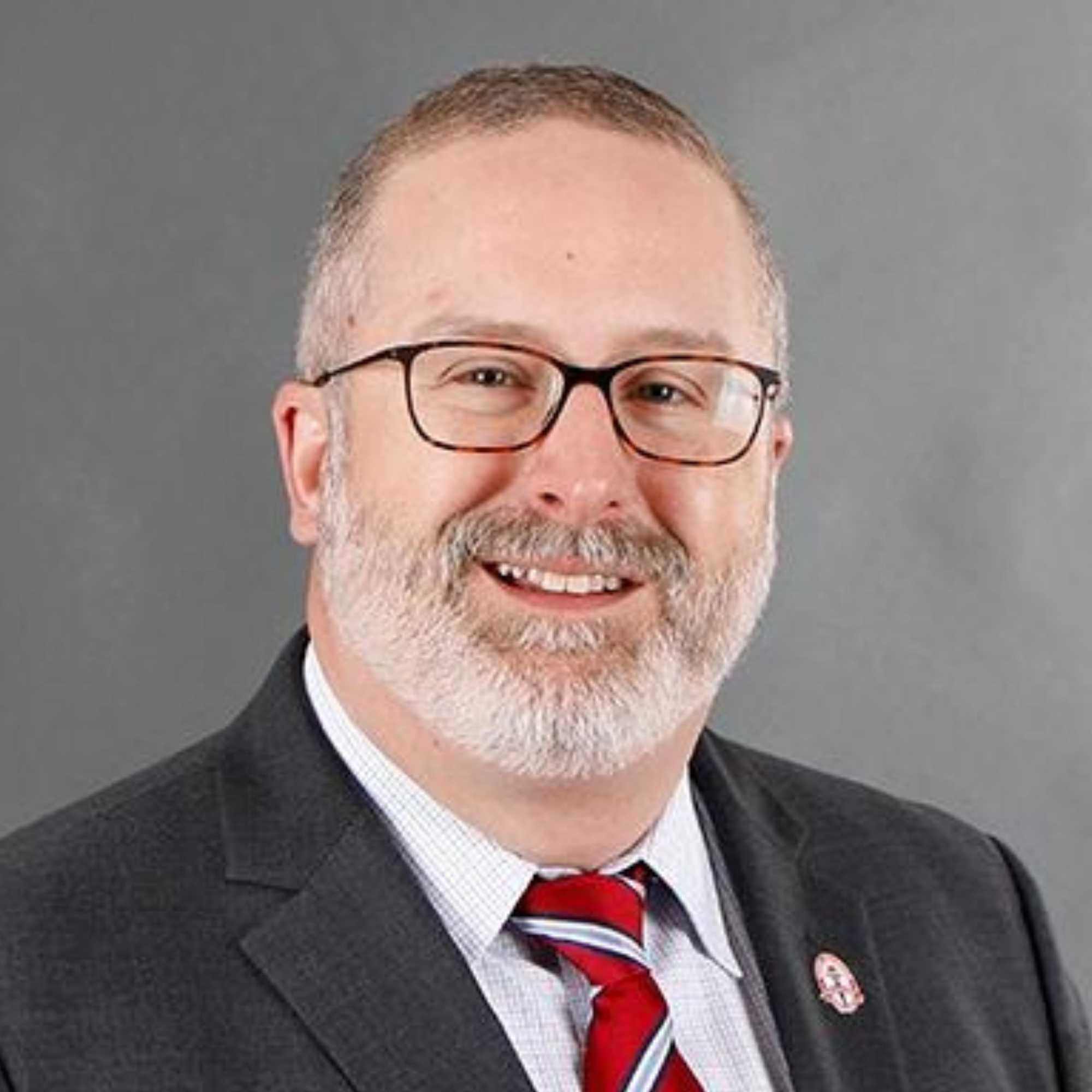In 1998, messengers to the Southern Baptist Convention amended the Baptist Faith and Message to include a new article on The Family. The new article carried over into the fully revised Baptist Faith and Message (2000), which remains the Convention’s confessional consensus. The article is worth quoting in full:
God has ordained the family as the foundational institution of human society. It is composed of persons related to one another by marriage, blood, or adoption.
Marriage is the uniting of one man and one woman in covenant commitment for a lifetime. It is God’s unique gift to reveal the union between Christ and His church and to provide for the man and the woman in marriage the framework for intimate companionship, the channel of sexual expression according to biblical standards, and the means for procreation of the human race.
The husband and wife are of equal worth before God, since both are created in God’s image. The marriage relationship models the way God relates to His people. A husband is to love his wife as Christ loved the church. He has the God-given responsibility to provide for, to protect, and to lead his family. A wife is to submit herself graciously to the servant leadership of her husband even as the church willingly submits to the headship of Christ. She, being in the image of God as is her husband and thus equal to him, has the God-given responsibility to respect her husband and to serve as his helper in managing the household and nurturing the next generation.
Children, from the moment of conception, are a blessing and heritage from the Lord. Parents are to demonstrate to their children God’s pattern for marriage. Parents are to teach their children spiritual and moral values and to lead them, through consistent lifestyle example and loving discipline, to make choices based on biblical truth. Children are to honor and obey their parents.
In his important new book Get Married: Why Americans Must Defy the Elites, Forge Strong Families, and Save Civilization (Broadside Books, 2024), University of Virginia sociologist Brad Wilcox offers a defense of marriage that complements what Southern Baptists believe about the topic. Though Wilcox is a devout Roman Catholic, and he even includes a chapter on how religion benefits marriage, he writes for a broad audience that doesn’t necessarily share his worldview assumptions.
According to Wilcox, marriage contributes to human flourishing in numerous ways that can be objectively measured. It is good for spouses, children, communities, and society. Divorce is rarely better for the various stakeholders than an intact marriage. The same goes for heterosexual couples that cohabitate or homosexual couples who marry. Many of the biggest problems facing American society are rooted in the decline of traditional marriage.
Unfortunately, for the past two generations cultural elites have denigrated marriage in their writings, penalized marriage through legislation, and disincentivized marriage via their economic programs. And yet many of these same elites actually embrace relatively conventional views of marriage in their personal lives, practicing the opposite of what they preach. Their message: what is good for me is not good for thee. Unfortunately, the upshot is a widening gap between the wellbeing of Americans who are married and those who are not.
Wilcox argues four groups of Americans tend to get married and stay married. The Faithful are churchgoing Christians and religious Jews who are committed to the teachings of their faith. Conservatives, many of whom are also religious, hold to traditional middle-class values on social issues. Strivers, many of whom are socially liberal, nevertheless embrace traditional values in their private lives because of their commitment to education and social mobility. Asian-Americans integrate Eastern traditional family values with a mentality similar to Strivers, also resulting in stable marriages. Not only do these four demographics get married and remain married, but they are far more likely to enjoy happy marriages than Americans from other groups.
The book is great, and I recommend it to pastors, youth ministers, and Christian educators. It both challenges our dominant cultural narrative and reinforces a Judeo-Christian understanding of marriage. I plan to incorporate some of the material into my class at North Greenville University on Faith and Human Flourishing.
Those of us who are part of the Land Center for Cultural Engagement community recently had the opportunity to hear Wilcox give two presentations related to the book. Wilcox was one of the featured speakers for a pre-conference on marriage and family before the annual IACE Faculty Development Conference at Southwestern Seminary. His topics were “For the Sake of Our Kids” and “The Closing of the American Heart.” Land Center director Dan Darling also interviewed Wilcox about the latter’s research. It was a joy to interact with Wilcox and hear him reflect on his important research.
Nathan A. Finn is a senior fellow of the Land Center for Cultural Engagement. He serves as professor of faith and culture and directs the Institute for Transformational Leadership at North Greenville University in Tigerville, SC. He is also a senior research fellow for religious liberty at the Ethics and Religious Liberty Commission and is teaching pastor of the First Baptist Church of Taylors, SC

